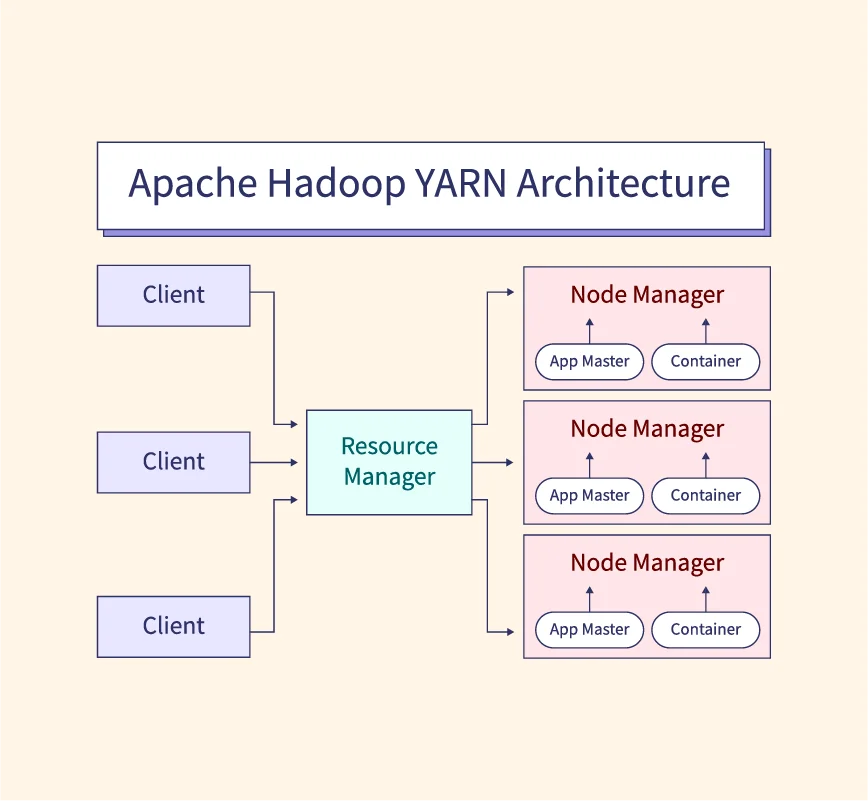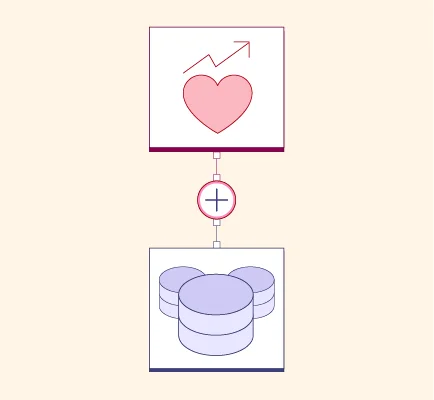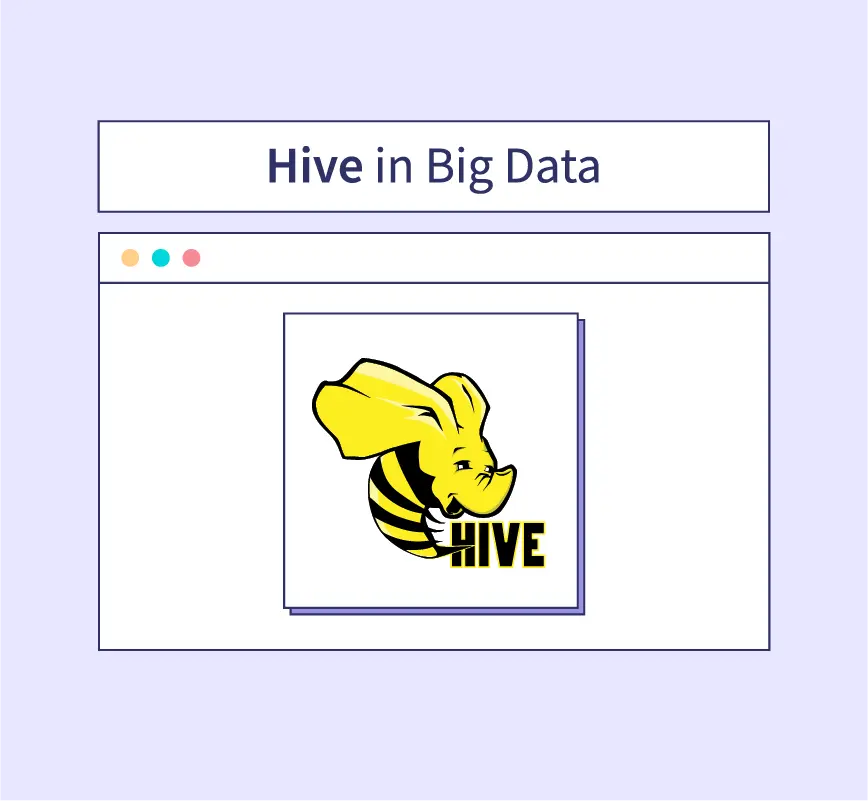Data analytics has become a cornerstone for businesses across industries, driving smarter decisions and fostering innovation. As organizations generate more data than ever before, the ability to analyze and extract actionable insights has become crucial for success. Data analytics enables businesses to identify trends, optimize processes, and predict future outcomes. This article explores the various applications of data analytics in different sectors, highlighting its significance in transforming industries like healthcare, finance, e-commerce, and more. Understanding how data analytics can be applied is key to staying competitive in today’s data-driven world.
What is Data Analytics?
Data analytics refers to the process of examining large datasets to uncover hidden patterns, correlations, and trends. It involves various methods, such as statistical analysis, predictive modeling, and machine learning algorithms, to extract valuable insights. By transforming raw data into actionable information, data analytics helps organizations solve complex problems and make informed decisions. In business, data analytics plays a critical role in decision-making, enabling companies to optimize operations, improve customer experiences, and forecast future trends. As organizations face increasingly competitive markets, leveraging data analytics has become essential. Without it, businesses risk falling behind, making less effective decisions, and missing out on valuable opportunities in today’s data-driven environment.
Top 10 Applications of Data Analytics
Data analytics has a profound impact on multiple industries, enabling organizations to solve complex problems, enhance efficiency, and make data-driven decisions. As data generation continues to increase, the ability to harness insights from this vast amount of information is crucial for maintaining competitiveness. The applications of data analytics span across diverse sectors, each benefiting from its ability to improve decision-making, predict outcomes, and optimize operations. Below, we explore some of the key applications of data analytics in various industries.
1. Healthcare
In healthcare, predictive analytics helps forecast patient outcomes and diagnose diseases earlier, improving the overall quality of care. By analyzing historical health data, healthcare providers can identify at-risk patients and offer timely interventions. Data-driven insights enable personalized treatment plans, enhancing patient care and reducing medical costs. Machine learning models also support decision-making in medical imaging, drug discovery, and patient management. With its ability to improve outcomes and streamline processes, data analytics is transforming healthcare delivery, ultimately contributing to healthier populations and more efficient systems.
2. Finance & Banking
Data analytics is pivotal in finance and banking for fraud detection and prevention. By analyzing transaction patterns, financial institutions can identify suspicious activities and mitigate risks. Data-driven risk assessments and credit scoring models enable more accurate lending decisions, reducing default rates. Additionally, analytics supports customer personalization, offering tailored products and services based on individual financial behavior. Real-time analytics empowers banks to optimize investments, manage portfolios, and make informed decisions. As financial markets grow more complex, data analytics remains essential for maintaining security and optimizing financial strategies.
3. E-Commerce & Retail
In e-commerce and retail, data analytics enhances customer experiences through personalized recommendations. By analyzing purchasing behavior, retailers can offer targeted products, increasing conversion rates and customer loyalty. Inventory management is streamlined by predictive analytics, which helps optimize stock levels and reduce out-of-stock scenarios. Sales forecasting allows businesses to predict demand fluctuations and plan promotions accordingly. Price optimization algorithms also enable retailers to dynamically adjust prices based on market conditions, maximizing profits. Ultimately, data analytics empowers retailers to enhance operational efficiency and deliver superior customer service.
4. Marketing & Advertising
Data analytics plays a pivotal role in marketing and advertising by enabling customer segmentation and targeted campaigns. By analyzing consumer behavior, businesses can identify distinct customer groups and tailor marketing strategies to meet their needs. This leads to higher engagement and conversion rates. Furthermore, data analytics helps measure the return on investment (ROI) of marketing efforts, optimizing budget allocation and campaign effectiveness. Content optimization is also enhanced through analytics, ensuring that marketing materials resonate with audiences. Ultimately, data analytics drives more efficient and impactful marketing strategies.
5. Manufacturing
In manufacturing, data analytics is used for predictive maintenance, reducing downtime, and improving operational efficiency. By analyzing equipment performance data, companies can predict failures before they occur, allowing for timely maintenance and minimizing disruptions. Real-time data analysis also enables manufacturers to optimize production processes, identify inefficiencies, and enhance product quality. Supply chain optimization is another area where data analytics plays a crucial role, ensuring timely delivery of materials and products. Overall, the integration of data analytics in manufacturing processes leads to cost reductions and improved productivity.
6. Supply Chain & Logistics
Data analytics has a significant impact on supply chain and logistics by improving demand forecasting and route optimization. Predictive analytics enables businesses to forecast demand accurately, ensuring the right amount of stock is available at the right time. Route optimization algorithms help reduce fuel costs and delivery times by determining the most efficient paths. Additionally, data analytics enhances inventory management by identifying trends and minimizing stockouts. By leveraging analytics, companies can streamline operations, cut costs, and improve the overall efficiency of their supply chain and logistics networks.
7. Government & Public Sector
In the government and public sector, data analytics is used to create smart cities and optimize urban planning. By analyzing data from sensors, traffic patterns, and other sources, municipalities can improve infrastructure, reduce congestion, and enhance public services. Data analytics also plays a crucial role in public safety, enabling predictive policing and crime prevention strategies. Additionally, data-driven insights help policymakers make informed decisions on resource allocation, policy development, and social welfare programs, leading to more effective governance and improved public services for citizens.
8. Education
Data analytics is transforming education by enabling personalized learning paths and tracking student performance. Educators can use data to identify areas where students are struggling and provide tailored support. Analytics also helps in designing curriculum adjustments based on student feedback and performance trends. By analyzing learning behaviors, schools and universities can offer more relevant and engaging educational experiences. Furthermore, data-driven decision-making in education enhances resource allocation, improves teaching methods, and fosters a more efficient learning environment, ensuring better outcomes for students.
9. Sports & Entertainment
In sports and entertainment, data analytics is used to analyze player performance and develop strategies for improvement. By studying player statistics, coaches can identify strengths and weaknesses, leading to better training regimens and game strategies. Data also plays a crucial role in fan engagement, allowing organizations to tailor content and experiences to specific audience segments. Additionally, event management is optimized through data analytics, helping organizers improve logistics, ticket sales, and audience experience. Ultimately, data analytics helps teams and entertainers achieve success both on and off the field or stage.
10. Energy
In the energy sector, data analytics is used to optimize energy production and consumption. By analyzing usage patterns, companies can identify opportunities for energy savings and more efficient operations. Smart grids, powered by real-time data, enable better management of energy distribution and consumption, leading to reduced waste and costs. Data analytics also supports the development of sustainable energy solutions by forecasting energy demand and integrating renewable sources more effectively. In a world moving toward cleaner energy, analytics plays a vital role in promoting sustainability and reducing environmental impact.
How to Get Started With Data Analytics
Getting started with data analytics involves several key steps to ensure a solid foundation for success. Here’s how you can approach it:
Understand Your Business Needs and Goals
Identify the problems or opportunities within your business that data analytics can address. Understanding these goals will help you focus your efforts on relevant analytics applications.
Identify the Type of Analytics You Need
Determine whether you need descriptive, diagnostic, predictive, or prescriptive analytics. Each type offers different insights, so it’s crucial to align your needs with the right approach.
Determine Your Data Availability
Ensure that you have access to clean, accurate, and relevant data. Assess the quality and availability of your data before embarking on any analysis.
Assess Your Resources
Evaluate the tools, software, and human resources needed for effective data analysis. Ensure you have the necessary infrastructure in place to support analytics initiatives.
Research Available Tools and Platforms
Explore various data analytics tools and platforms suited to your industry needs. Consider platforms that offer advanced analytics, machine learning capabilities, and ease of integration with your existing systems.
Consider Data Security and Privacy
Data security and privacy are crucial considerations. Ensure compliance with regulations and implement strong security measures to protect sensitive data from breaches and unauthorized access.
Conclusion
Data analytics is transforming industries by unlocking insights that drive smarter decision-making, improve operations, and foster innovation. From healthcare to finance, education to energy, its applications are diverse and impactful. By understanding its potential and learning how to leverage it effectively, businesses can stay ahead of the competition and uncover new growth opportunities. Embracing data analytics is no longer optional; it’s a necessity for those looking to thrive in the data-driven future. Start exploring data analytics today to unlock its power and pave the way for success in your industry.
References –


